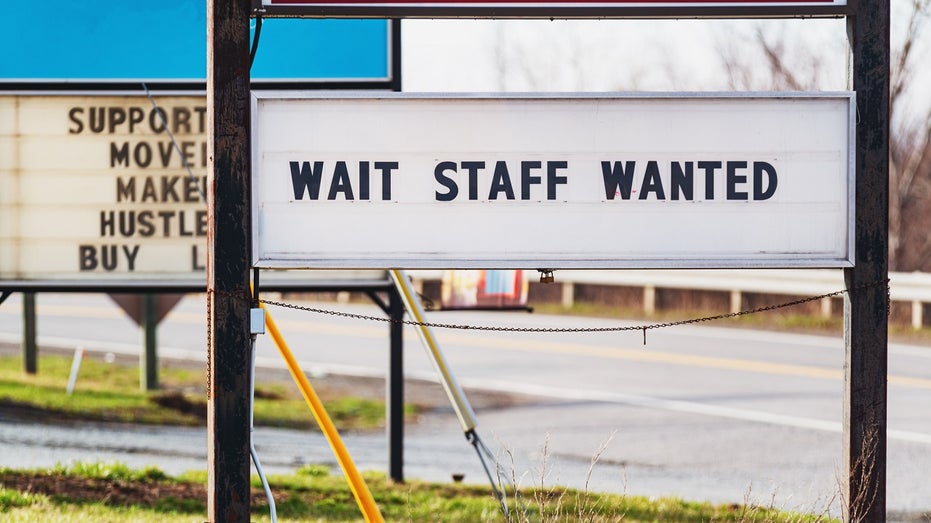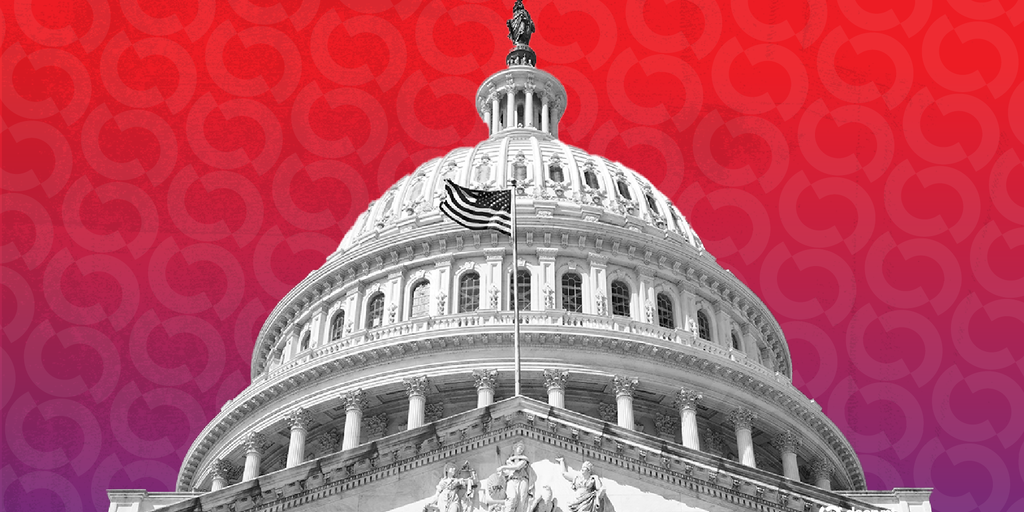Despite a challenging economic climate, a record number of small businesses have been established across the country in the past two years.
Inflation has recently eased after reaching a 40-year high last year, but small businesses are now facing record levels of anxiety over rising costs.
The Q1 Small Business Index released by the U.S. Chamber of Commerce revealed that a record-breaking 54% of small business owners named inflation as their top concern for the first three months of the year. This marks the fifth consecutive quarter where respondents have highlighted cost increases as their number one source of stress.

Kymme Williams-Davis sits outside Bushwick Grind Café, multitasking between online orders and working at the counter, on Sept. 8, 2022, in New York. Williams-Davis said she hasn’t seen such significant cost increases since opening her café in 2015. (AP Photo/Bebeto Matthews / AP Newsroom)
The survey also revealed a decline in owners’ confidence in the national economy during the first quarter. Only 20% of small business owners believed that the economy was in good health, down from 27% in the previous quarter.
The results of the survey indicate a greater reluctance among owners to expand their businesses in the short term. The percentage of owners planning to increase investment in their businesses over the next year dropped from 47% in the fourth quarter of 2022 to 38% in the first quarter of this year.
IMPACT OF THE BANKING CRISIS ON SMALL BUSINESSES
Tom Sullivan, the Chamber’s vice president of small business policy, states that the data demonstrates small businesses’ resilience and confidence in their own operations. However, they remain concerned about the state of the overall economy and are cautious about overextending themselves.
RenMac Head of Economic Research Neil Dutta shares his thoughts on Fed Chair Powell’s efforts to combat inflation and reflects on the state of the U.S. economy on ‘Making Money.’
Sullivan explained that small business owners are frustrated with the leaders in Washington, D.C., as they believe that necessary actions to address inflation are not being taken. Some of the priorities listed include attracting more legal workers to fill open jobs, reducing domestic energy costs, and simplifying permit processes to facilitate growth from the bipartisan infrastructure bill.
RESTAURANT OWNER MARY MURDOCK SHARES CONCERNS ABOUT THE SURGE IN CRIME IN THE U.S.: ‘PEOPLE ARE SCARED’ TO COME IN
In addition to price increases, small business owners are also concerned about several other factors that contribute to rising costs. Sullivan noted that businesses struggling to fill open positions and being forced to increase wages to attract and retain employees consider this as part of the inflationary pressure they face.

Small businesses are struggling to fill open positions and are forced to offer higher wages to attract and retain workers. (iStock / iStock)
“We have the economist’s definition, but we also have the small business definition,” Sullivan told FOX Business. “When it becomes harder to find and hire employees, and when it becomes more challenging to retain existing employees, the people I speak with every day consider that as inflation, especially when they have to increase wages for their employees.”
GET FOX BUSINESS ON THE GO BY CLICKING HERE
“There’s no real distinction,” he added. “It’s all part of this complicated situation.”














